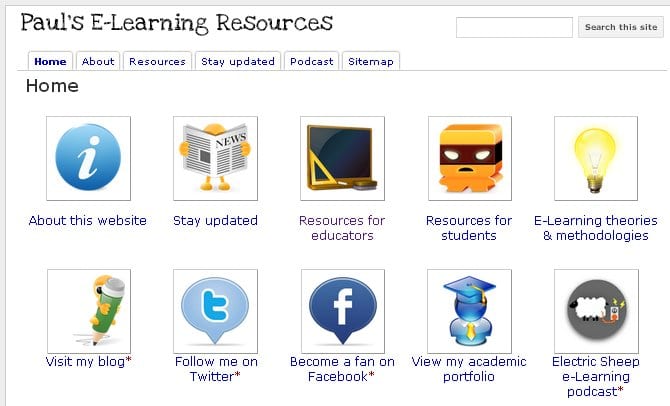The MOOC bubble is bursting. See Online Revolution Drifts Off Course or Completion data for MOOC For some time there’s been evidence of a shift in MOOC attitudes eg MOOC Star Professor defects and Professors Won’t Use a Harvard Professor’s MOOC It will be interesting to watch FutureLearn; the UK HE MOOC consortium’s 36 free online courses.
MOOC have been good for online education. They’re raising key issues around the value of VLE where VLE can be institutional like Blackboard or any combination of free software. Bursting MOOC bubbles mean it’s time to talk about the big questions. Like do VLE enhance learning? How best can face-to-face practice be transferred? What might digital pedagogy look like?
For me, one of the strengths of the VLE is in widening participation; opening up potentially 24/7 opportunities for those unable to commit to a campus based education. But this can’t happen without appropriate support for the shift of traditional lecture and seminar content to online delivery. VLE need investment in digital literacies, scholarship and pedagogy. UCISA reports into Technology Enhanced Learning show since 2010 the top two barriers to TEL development are lack of time and money. The JISC Digital Literacies Programme released the Summary of the Professional Association Baseline Reports last year showing the main challenges for professionals becoming more digitally expert were lack of time, speed of change and training not being available, timely or relevant.
A lot of staff who teach and support learning at Lincoln have a DIY approach to technology; learning to use it effectively and integrate it into their lives. There are also those who are less confident. The adoption of a DIY model privileges the innovators and risks excluding those unsure about digital change. Taking the time to do things differently using Blackboard might not seem a viable option when it works doing it without. The issue of self-selection poses a risk. If you’re unsure of your VLE you’re less likely to go to digital workshops or seminars, attend digital technology conferences or apply for research funding in the area of education technology.
Often there simply isn’t enough time, resource, or role recognition attached to developing digital expertise. One way forward might be to highlight the development of an ethos of support and resource for shifting to digital ways of working. The University of Lincoln has a new Digital Education Plan. The VLE procurement process has highlighted the need for additional support for virtual teaching and learning. Thanks to the MOOC bubble bursting, there’s renewed interest in what works well and less well in online education. One thing is clear; ‘Staff expertise is the most important asset in a university and without it literally nothing can be achieved.’ (Blackmore and Blackwell 2003: 23) I cautiously predict exciting times ahead for Lincoln next year with TELEDA at the heart of discussions about all things pedagogically digital.
—————————————————————————————————————————–
Blackmore, P. and Blackwell, R. (2003) ‘Academic roles and relationships’ in R. Blackwell and P. Blackmore (eds) Towards Strategic Staff Development in Higher Education, Berkshire: SRHE and Open University Press pp 16-28
image from http://3.bp.blogspot.com/-IkBJU72UN-g/T2A_sxbti7I/AAAAAAAAAwU/IJSOMgz33tQ/s1600/burstbubble.jpg
—————————————————————————————————————————–


